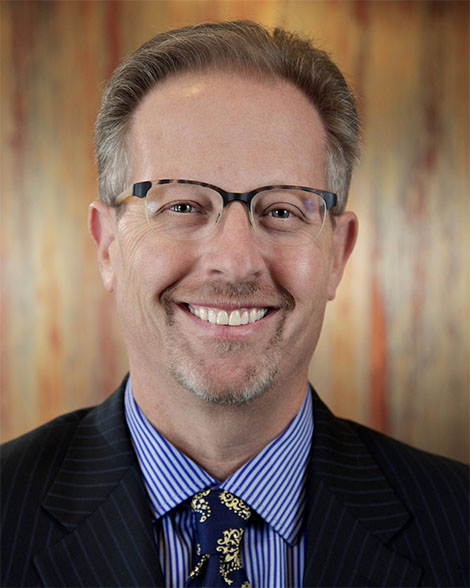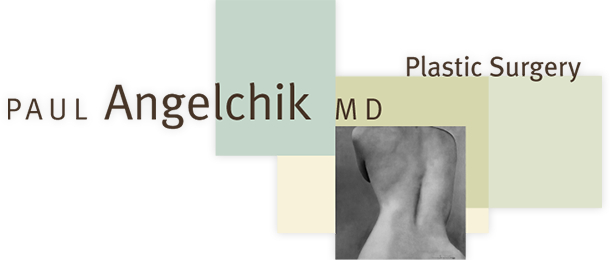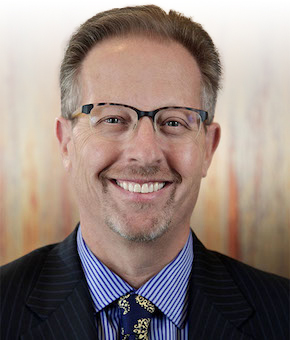Medical Tourism
From a Practitioner’s Perspective
Dr. Paul Angelchik is a Phoenix plastic surgeon who is board-certified by the American Board of Plastic Surgery. He is also a member of the American Society of Plastic Surgeons. Dr. Angelchik is well-trained and experienced in all forms of plastic surgery, namely breast enhancement and facial rejuvenation. He has been serving patients for over 20 years. Dr. Angelchik brings his surgical experience, expertise, and quality care to patients in and around Phoenix, Arizona.
Karen’s Story
“Doctor, your 10 am breast augmentation consultation from Tokyo is ready in room 3.” That statement is likely routine in plastic surgery practices in Kyoto or Osaka. But when an assistant in my Arizona plastic surgery practice said that to me a few years ago, I had to smile at the wonders of the digital age. The patient, an Australian expatriate working as a translator in Japan had Googled my website, and being favorably impressed, she initiated contact. Via email “Karen” explained her motivation to seek a surgeon abroad. Breast augmentation was prohibitively expensive in Tokyo, and she was unable to establish a comfortable rapport with local surgeons whom she saw in consultation. So, she did what modern consumers do – she hit the Internet in search of better choices.
Next, we initiated the scheduling process. Digital photographs and medical history were obtained to ensure that she was an appropriate candidate for the procedure. Fee schedules, travel arrangements, surgical options, risks, and recovery issues were reviewed. Now Karen, an intelligent and charming young woman, and her American husband were here for the preoperative visit 3 days before surgery. At the consultation, we were able to establish a rapport, conduct a proper examination, and finalize our surgical plan.
At surgery, everything went as planned. Karen had an uneventful course with excellent results. She was extremely pleased and grateful. Eight days after surgery she returned to Tokyo. We communicated via email over the next 12 months as she kept us posted on her progress.
As the phenomenon of globalization accelerates to encompass an expanding array of sectors, medical tourism is emerging as a megatrend in its own right. Growing numbers of patients from the developed world venture abroad, motivated by cost savings, good results, ease of access, and the lure of attractive holiday destinations. In our practice, we are seeing increasing numbers of out-of-town patents coming in for surgery.
Consumers are well advised to exercise caution when considering cosmetic surgery at home or abroad. Since I practice in the USA, I can only give examples applicable to this practice environment.
When Choosing a Surgeon Consider:
Credentials
Patient safety is paramount. Understand the credentials of your surgeon and accreditation status of surgical and recovery facilities she uses. Not all countries are equivalent in terms of standards. While nobody can guarantee a perfect result with no complications, I’m of the opinion that credentials do matter. In the United States, surgeons certified by the American Board of Plastic Surgery have completed extensive specialty training, passing rigorous oral and written examinations in plastic surgery, and have committed themselves to lifelong education through the Maintenance of Certification program. Ninety-nine percent are members of the American Society of Plastic Surgeons and only operate in accredited facilities regularly evaluated by independent third-party accreditation organizations.
Although cosmetic surgery complications usually are minor in nature, an honest surgeon will tell you that every procedure has associated risks and complications. If you should be one of the small percentages of patients who have a serious problem, make sure that your surgeon is optimally prepared to assist you, with access to state-of-the art facilities.
Experience
Your surgeon should be forthright in describing their experience with your procedure of interest. Examples of their work in this area should be readily available for evaluation. If you don’t like what you see, look elsewhere, because you can be certain that you are seeing what he considers to be the best examples.
Rapport
This can be tricky when dealing abroad, but the surgeon’s office should be accommodating and facilitate the educational process in a collaborative and professional way. A comprehensive discussion of treatment options, recovery, and risks is mandatory. You should feel comfortable with the staff and surgeon. In my experience, if the staff and doctor are too busy to assist you before the procedure, it won’t get better after the fact. Avoid practices with high-pressure sales tactics.
Cost
Cost is important, but your safety and surgical result are more important. Seek out the option providing the best probability for a safe, excellent result with the price being secondary. If a surgeon is dramatically undercutting the market, there are sometimes reasons which don’t reflect positively on the practice. Save money where reasonable, but don’t cut corners with your health. Caveat emptor!
Travel
Combining travel to a desirable destination with cosmetic surgery can be an exciting and rewarding experience of renewal and escape. On the other hand, let’s be realistic about how much activity you will be able to do after surgery. While a breast augmentation patient may be functioning at a high level within a few days, a patient after a bigger operation may be left lounging about the hotel room while hubby is off on the links.
Also, consider the possible effects of air travel shortly after major surgery. Blood clots in the veins of the legs, termed deep vein thrombosis (DVT), are a real risk on long international flights. This risk is increased after surgery. Precautions should be taken regarding the timing of post-operative travel along with other preventative measures.
Professional liability differs from country to country. Should you have an adverse outcome, you should know which remedies, if any, are available to you beforehand. In the United States, we have well-developed mechanisms for dealing with adverse outcomes in addition to several levels of liability and health insurance protection.
Finally, should you elect to go abroad for surgery, and require subsequent care on your return; who will provide this service? I’ve seen a number of patients with complications after procedures done abroad that required corrective surgery or other care. A common refrain was that they had difficulty getting an appointment to see their original surgeon or could not return to his location.
Conclusion
In conclusion, cosmetic surgery medical tourism is a growth industry which will continue to attract consumers with discretionary income, looking for a combination of excellent surgical outcome, a nice holiday, and a better deal than they can get at home. In Phoenix/Scottsdale for example, we have plenty of non-stop flights from the UK, Europe, Canada, and Mexico Not to mention proximity to Las Vegas, Sedona, the Grand Canyon, and fantastic golf at over 200 courses of all styles. A great climate, world-class dining, shopping, and accommodations make the Valley of the Sun a favored destination for discerning travelers. Oh, I almost forgot, we also have friendly, well-trained English speaking plastic surgeons operating in well-equipped, fully accredited facilities. Cheer









